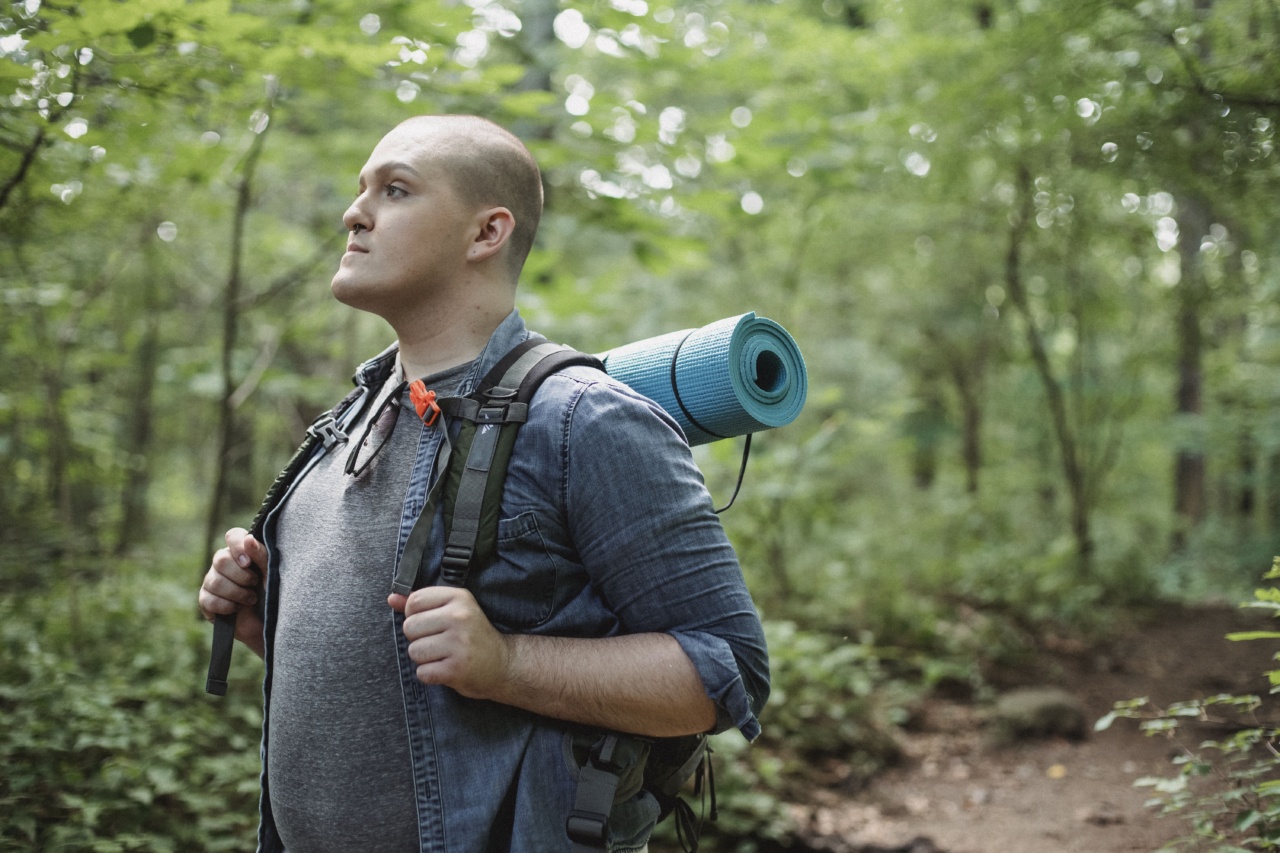Traveling is an exciting experience that allows you to explore new places, experience different cultures, and create wonderful memories. However, one common concern many people have when traveling is the potential to gain weight.
With so many delicious food options and limited access to your regular fitness routine, it can be challenging to maintain a healthy lifestyle while on the road. But fear not! In this article, we will share some practical tips on how to avoid gaining weight on your next trip.
1. Be Mindful of Your Food Choices
When you travel, it’s tempting to indulge in the local cuisine and try all the mouthwatering dishes. While it’s essential to enjoy the flavors of your destination, being mindful of your food choices can help you stay on track.
Opt for healthier options such as grilled meats, fresh fruits and vegetables, and foods prepared with minimal oils and sauces. Balance indulgent meals with lighter options, and practice portion control to avoid overeating.
2. Stay Hydrated
Dehydration can often be mistaken for hunger. Ensure you stay hydrated throughout your trip by drinking plenty of water. Carry a reusable water bottle and refill it whenever possible.
Adequate hydration not only helps control your appetite but also keeps you refreshed and energized for your travel adventures.
3. Pack Healthy Snacks
Long journeys and delays can lead to hunger pangs, making it tempting to reach for unhealthy snacks at airports and train stations. To avoid this, pack your own healthy snacks. Some great options include nuts, dried fruits, granola bars, and rice cakes.
These snacks are easy to carry, provide essential nutrients, and can help you resist the temptation of unhealthy fast-food options.
4. Explore Local Outdoor Activities
Instead of spending all your time sitting inside restaurants or cafes, make an effort to explore the outdoor activities your destination has to offer.
Whether it’s hiking through scenic trails, cycling around the city, or practicing yoga on the beach, engaging in physical activities will not only help you burn calories but also allow you to experience your destination in a unique way.
5. Find Fitness-Friendly Accommodations
Before booking your accommodations, research options that offer fitness facilities or are located near parks, gyms, or jogging tracks. Having easy access to exercise opportunities will make it more convenient for you to stick to your workout routine.
You can also consider booking hotels with swimming pools or renting bicycles to incorporate physical activity into your travel plans.
6. Walk Whenever Possible
Exploring a new place often involves a lot of walking, so take advantage of it! Instead of relying solely on taxis or public transportation, choose to walk whenever possible.
Not only will this help burn off some extra calories, but it will also allow you to immerse yourself in the local culture and discover hidden gems that you may not have come across otherwise.
7. Plan Active Sightseeing
When planning your itinerary, incorporate activities that require physical movement. Visit landmarks that involve climbing stairs, walk around museums or art galleries, or go on guided walking tours.
By choosing active sightseeing options, you’ll stay active and engaged while exploring the attractions of your destination.
8. Make Smart Alcohol Choices
Alcohol consumption is often a part of the travel experience, whether it’s sipping cocktails by the beach or trying local beers at a pub. While it’s okay to enjoy a drink or two, be mindful of the calorie content in alcoholic beverages.
Opt for lower-calorie options such as light beer, wine spritzers, or simple spirits mixed with soda water or diet soda. Remember to drink alcohol in moderation and always stay hydrated alongside it.
9. Practice Portion Control at Buffets
If you find yourself at a buffet-style restaurant, it’s easy to get carried away with unlimited food options. To avoid overeating, start with a small plate and select reasonable portions of the dishes you wish to try.
Fill your plate with colorful, nutrient-rich foods such as salads, vegetables, and lean proteins. Remember that you can always go back for more if you’re still hungry.
10. Get Sufficient Rest
While controlling your food choices and staying active are important, don’t forget to prioritize rest and sleep. Traveling can be tiring, and lack of sleep can disrupt your metabolism and lead to poor food choices due to fatigue.
Aim for quality sleep each night to allow your body to recover and ensure you have the energy to make smart decisions throughout your trip.






























